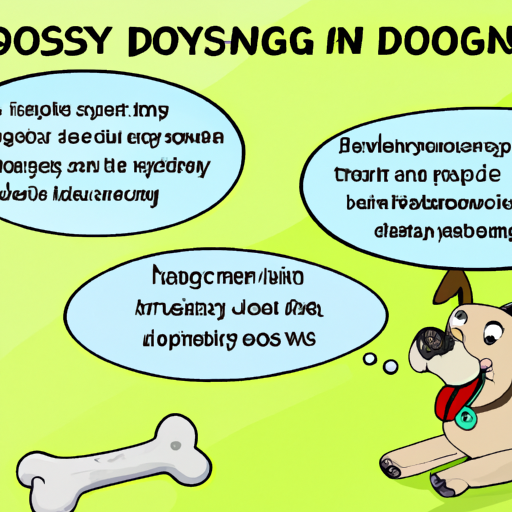Introduction
You, as a dog caregiver, surely have noticed how your four-legged friends love to chew on bones. This behavior can seem puzzling, especially considering the potential dangers bones can pose to your dog’s health. But why is it that dogs are so attracted to chewing on bones? Let’s delve into this topic to gain a better understanding.
Understanding the Natural Instincts
Your dog’s ancestors, the wolves, were natural predators. They hunted for their food and, after making a kill, they would gnaw on the bones to extract every bit of nutrition they could. This instinctual behavior is still present in your dogs.
- Nutritional Needs: Bones are rich in calcium and other minerals. Your dog’s ancestors fulfilled these nutritional needs by chewing on the bones of their prey.
- Teeth Cleaning: Chewing on bones also served as a natural toothbrush, helping to clean plaque off their teeth.
- Mental Stimulation: The act of chewing on a bone requires focus and mental energy, providing necessary mental stimulation.
The Dangers of Bone Chewing
While bone chewing can be beneficial, it’s also important to understand the potential dangers.
- Broken Teeth: Hard bones can cause your dog’s teeth to crack, leading to painful dental issues.
- Choking Hazard: Bits of bone can become lodged in your dog’s throat.
- Digestive Issues: Sharp pieces of bone can puncture your dog’s digestive tract.
Knowing these dangers, it’s crucial to monitor your dog while they’re chewing on a bone.
Alternatives to Real Bones
Because of the risks associated with bone chewing, you might consider safer alternatives.
| Alternative | Benefits |
|---|---|
| Dental Chews | Designed to clean teeth and massage gums |
| Rubber Toys | Durable and safe for chewing |
| Edible Treats | Provide mental stimulation and fulfill the need to chew |
How to Safely Allow Bone Chewing
If you still decide to let your dog chew on real bones, follow these precautions:
- Always supervise your dog while they’re chewing.
- Provide bones that are larger than your dog’s mouth to prevent choking.
- Avoid cooked bones as they can splinter and cause harm.
Frequently Asked Questions (FAQ)
Q: Is it okay to give my dog a bone every day?
A: It depends on the dog and the type of bone. Always monitor your dog while they’re chewing a bone.
Q: What types of bones should I avoid giving my dog?
A: Avoid cooked bones, small bones, and bones that splinter easily, like chicken and pork bones.
Q: Are there any specific bones that are safe for dogs?
A: Large, uncooked bones like beef knuckles are typically safer. Always supervise your dog to ensure safety.
Understanding why dogs like chewing on bones can help you make informed decisions about your pet’s health and happiness. Remember, you are in the best position to determine what is safe and beneficial for your dog.



